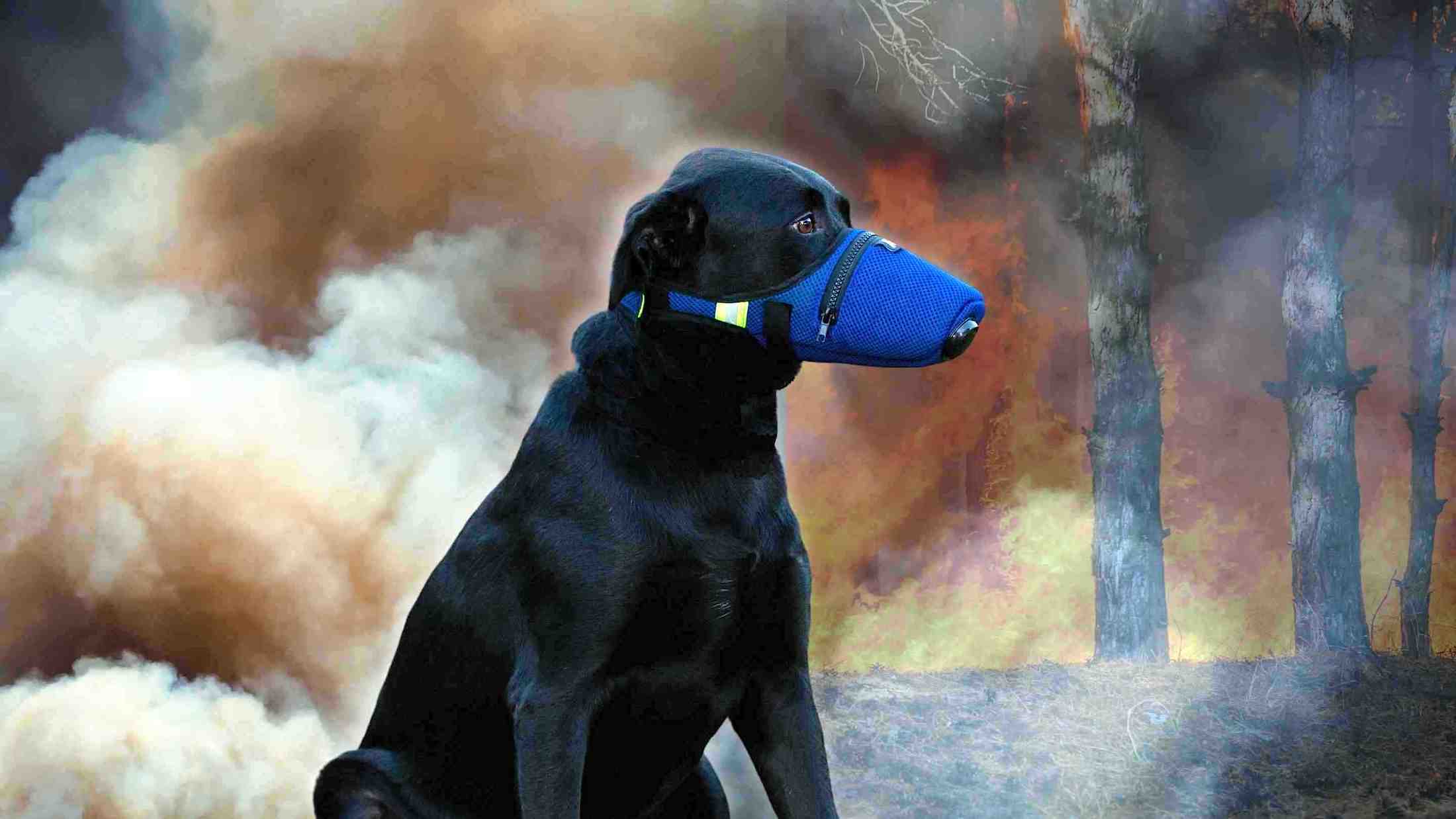In recent months, a concerning respiratory illness in dogs has been making headlines across the United States, causing worry among dog owners and veterinarians alike. This mysterious ailment has affected dogs of various breeds and sizes, leading to a surge in vet visits and heightened awareness within the pet-owning community. In this article, we aim to shed light on the current state of this respiratory outbreak, exploring its symptoms, potential causes, and what concerned dog owners can do to protect their furry companions.

The Outbreak
Reports of the canine respiratory illness began emerging in different states, leaving pet owners puzzled and alarmed. The symptoms typically include coughing, sneezing, nasal discharge, lethargy, and difficulty breathing. While these symptoms may resemble common respiratory infections, the severity and persistence of this outbreak have sparked concern within the veterinary community.
Affected Regions
The outbreak appears to be widespread, with cases reported in various regions of the United States. Cases of a fatal respiratory condition in dogs have appeared in Oregon, Indiana, Illinois, Washington, Idaho, California, Nevada and throughout the Northeast as veterinarians scramble to determine what is causing the mysterious illness. Veterinarians and researchers are working diligently to trace the origins and patterns of the illness to better understand its transmission and potential sources.
Potential Causes
Identifying the root cause of the respiratory illness has proven challenging. Initial investigations suggest that the outbreak may be linked to a viral or bacterial agent. However, comprehensive research is still underway to pinpoint the exact pathogen responsible for these cases. Environmental factors, such as changes in weather or the introduction of a new infectious agent, are also being considered.

Preventive Measures
As the situation unfolds, dog owners are urged to take precautionary measures to protect their pets. Here are some recommendations:
- Vaccination: Ensure that your dog's vaccinations are up-to-date, including vaccines that protect against common respiratory infections.
- Hygiene Practices: Practice good hygiene by regularly cleaning your dog's living space, toys, and bowls. Avoid exposure to potentially contaminated areas.
- Isolation: If your dog exhibits symptoms of respiratory illness, isolate them from other dogs to prevent potential transmission.
- Veterinary Consultation: Schedule regular check-ups with your veterinarian and seek immediate medical attention if your dog shows signs of respiratory distress.
Community Awareness
Dog owners can play a crucial role in raising awareness about the outbreak within their communities. Share information on social media, participate in local pet-related forums, and encourage fellow owners to stay vigilant and informed.

Navigating Challenges
The recent outbreak of respiratory illness affecting dogs across the United States is a cause for concern, but with collective efforts from dog owners, veterinarians, and researchers, we can navigate these challenging times. Staying informed, implementing preventive measures, and seeking prompt veterinary care are essential steps in safeguarding the health and well-being of our beloved canine companions. As the situation evolves, ongoing research and collaboration within the veterinary community will be instrumental in unraveling the mysteries surrounding this outbreak.














